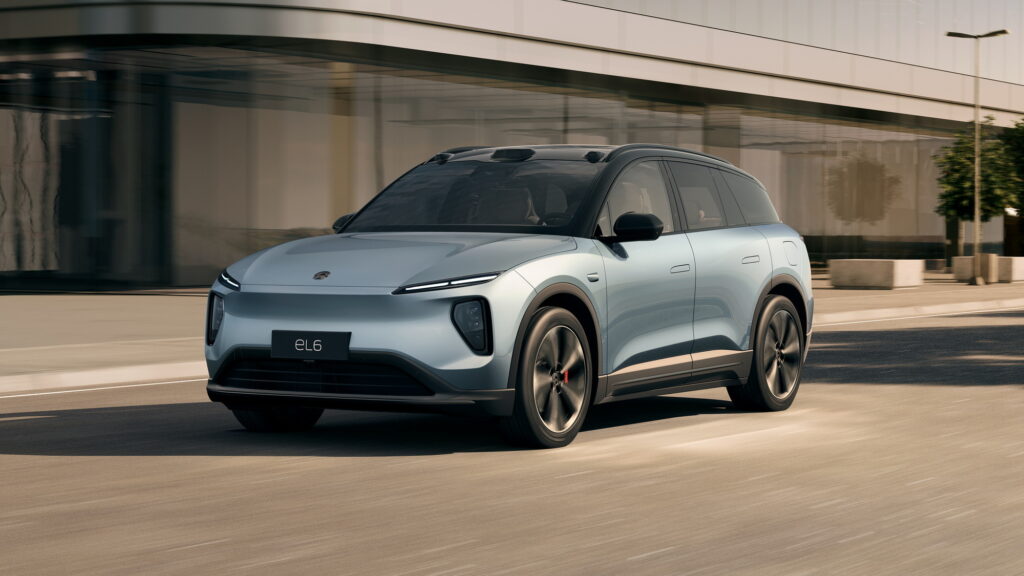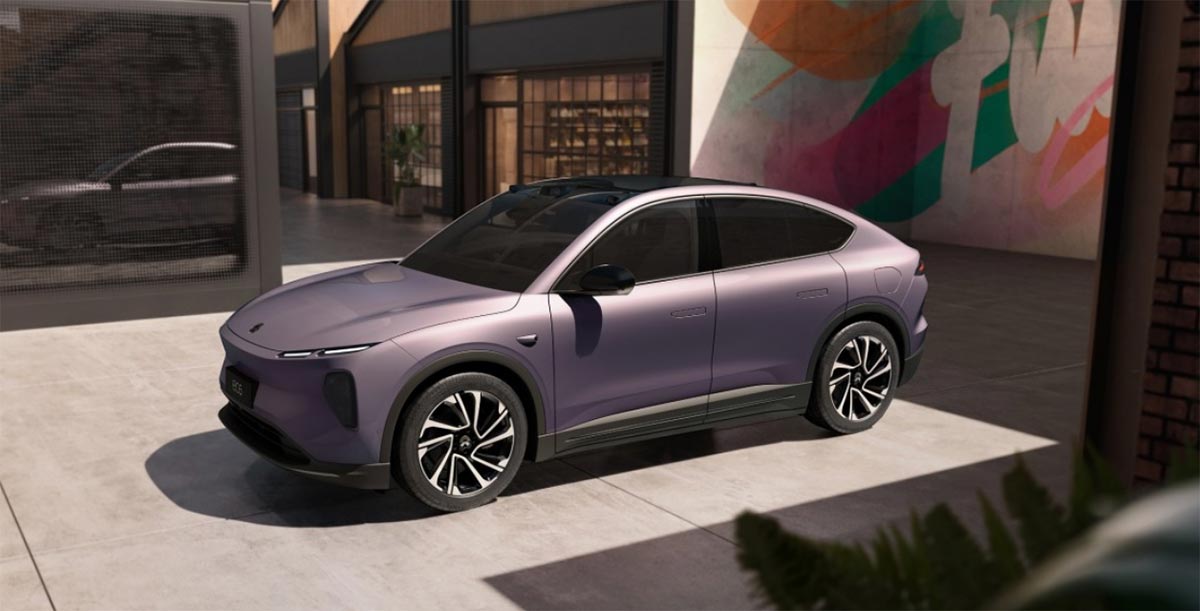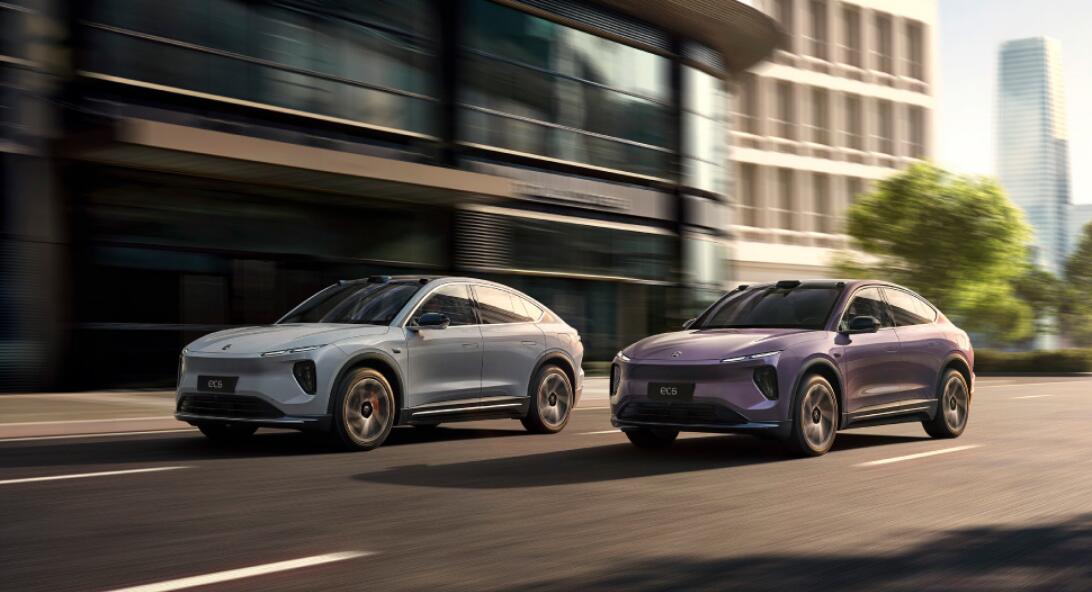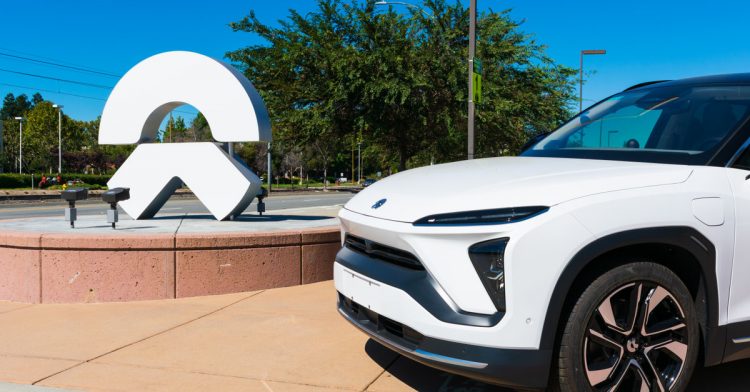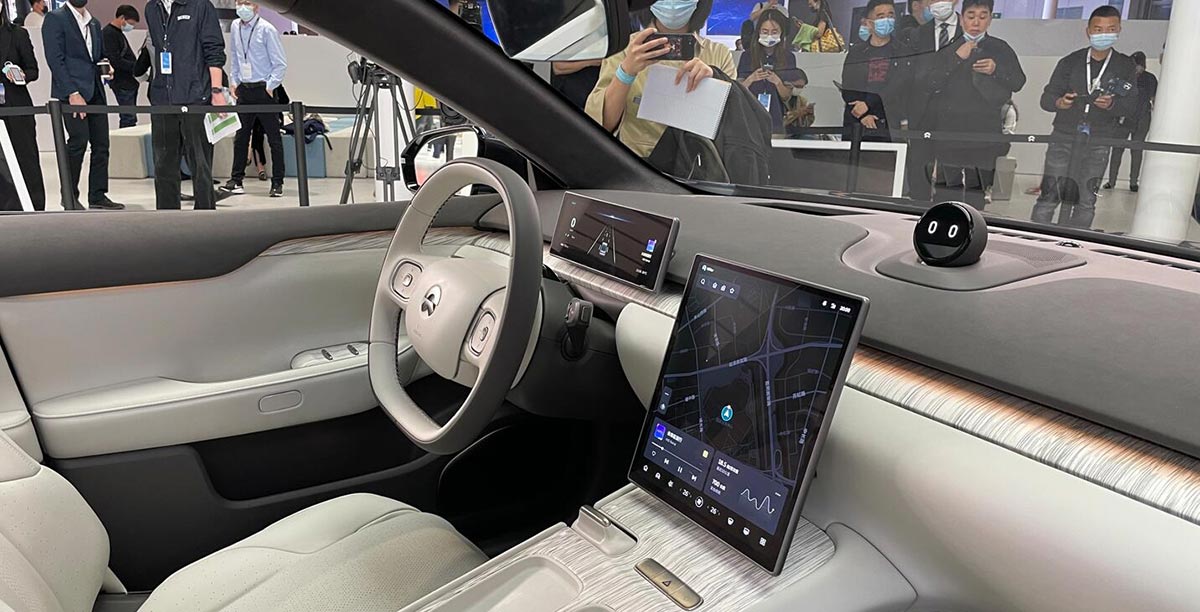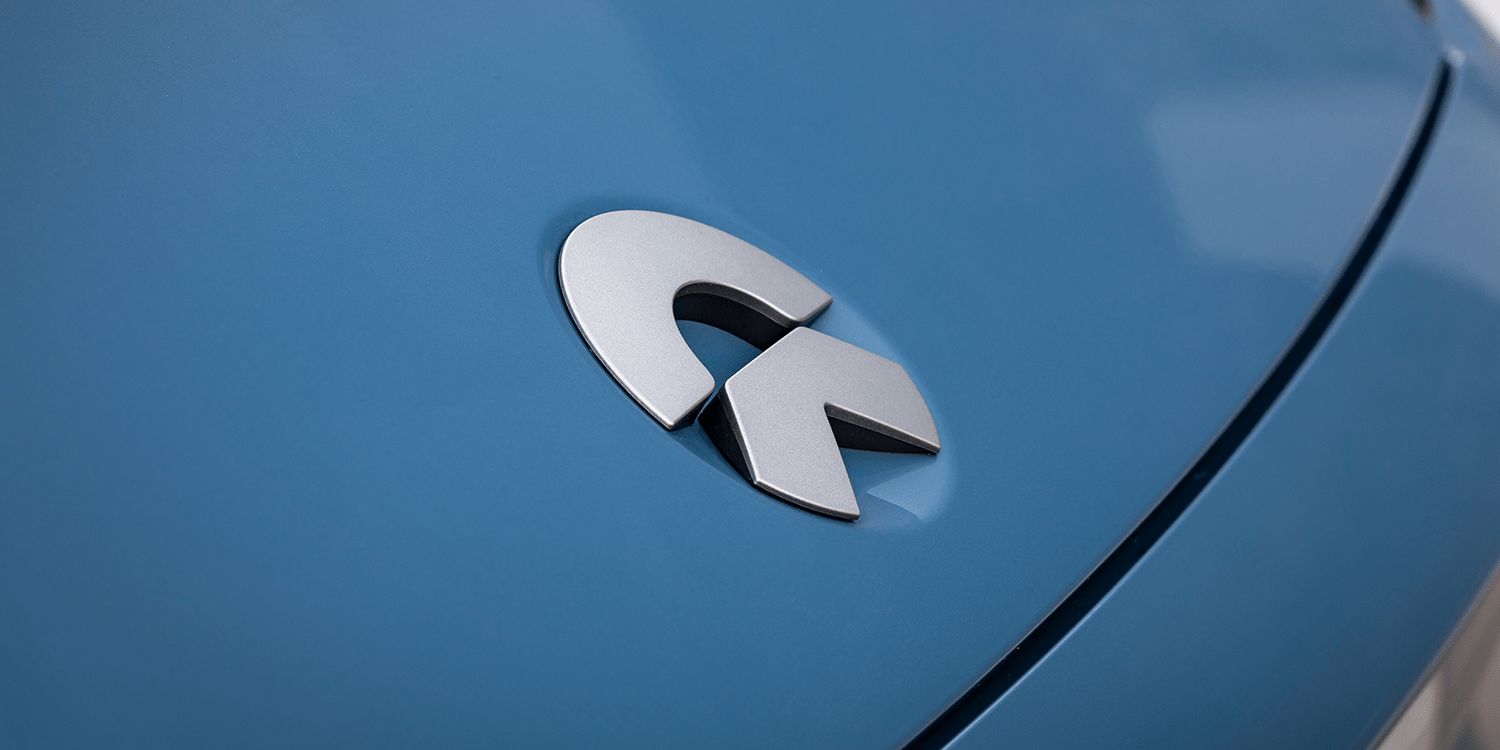In a recent speech at the World New Energy Vehicles Congress in Munich, William Li, the founder, chairman, and CEO of NIO, lauded China’s open and competitive electric vehicle (EV) market as a driving force behind the rapid adoption of new energy vehicles (NEVs). While not directly mentioning it, Li appeared to contrast China’s approach with the protectionist policies he believes have complicated NIO’s plans to enter the US market.
Li emphasized that China’s market was among the most open in the world, with tax and subsidy policies that do not impose restrictions on the origin of EVs or their raw materials. He noted that NEV penetration had exceeded 30 percent in China this year, highlighting the market’s receptiveness to such vehicles.
See also: NIO Faces Q2 Setback in Deliveries and Sales, Awaits Q3 Rebound
The implicit comparison drawn by Li was to the United States, where the Inflation Reduction Act, passed in August 2022, introduced restrictions on the sources of raw materials for EV subsidies. In a previous interview with German media outlet Heise Autos in October 2022, Li expressed how NIO had planned to enter the US market by 2025 but found the evolving US policies to be complicating matters.
Li’s concerns regarding US protectionism were not new. In an interview with the Financial Times in July, he had called for equal access to the US market for Chinese EVs, urging governments to avoid politicizing business matters. Li argued that the global political climate, particularly in the wake of the pandemic, had become increasingly divisive and antagonistic.
During his recent speech, Li commended both startups like NIO and traditional and foreign car companies for launching competitive products in China, fostering a seamless transition from traditional fuel vehicles to NEVs. He also highlighted China’s status as the world’s largest auto market, which has consistently been the largest NEV market for eight consecutive years.
See also: NIO’s LiDAR Provider Innovusion Set to Pursue US IPO, Says China Securities Regulator
Li concluded by acknowledging the benefits of operating in China, citing its sizable market, stable policies, and robust supply chain base. However, he also noted the intense competition that entrepreneurs face in the country’s thriving automotive sector.

